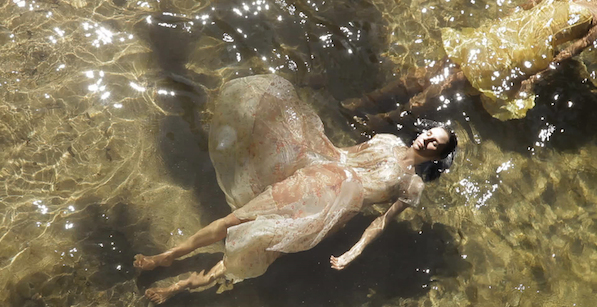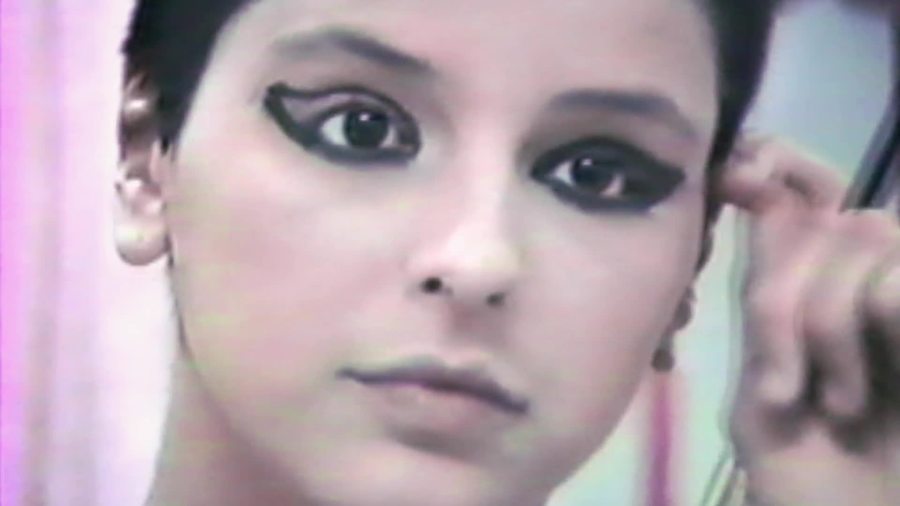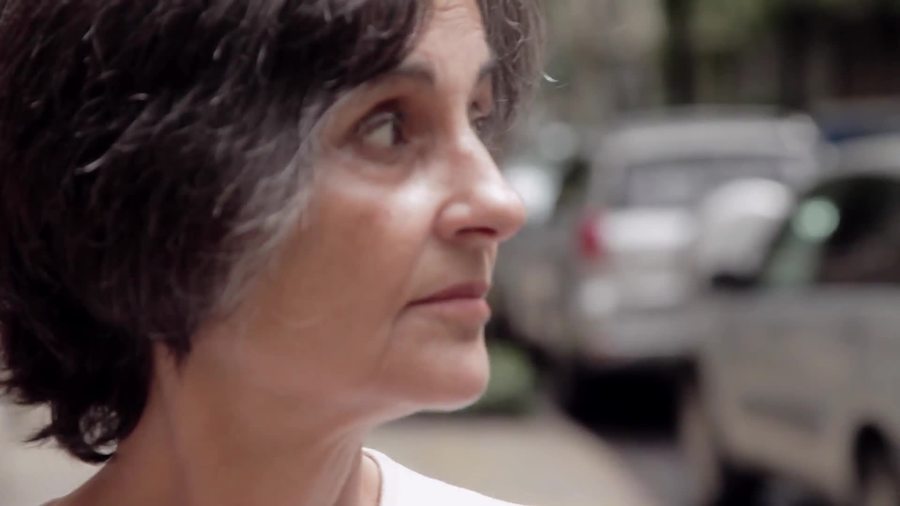Elena, the 2012 essay film by Brazilian American director Petra Costa, is an act of conjuring, an effort to pin down and solidify a memory that the filmmaker possesses only in fragments and fleeting tricks of the light. It is essentially two stories in one. The first is that of Costa’s older sister Elena, who moved from São Paolo to New York City in hopes of making it as an actress and a dancer. Eventually felled by crippling depression, Elena committed suicide at the age of twenty. The other story is that of Petra herself, and her ability to piece together her childhood memories of her late sister. Petra was rather young when she lost Elena, and so she is working through a small collection of material left behind—videotapes of Elena’s experimental theatre in Brazil, her appearance in home movies, and her audiotaped letters home—in order to regenerate an image of who Elena was, part factual and part speculative.
Costa’s film is no conventional documentary portrait. The hard evidence of Elena’s life, of who she was and of the relationship she and her sister had, is scant but resonant. Elena uses these artifacts as anchor points within a tapestry that is diaphanous and permeable, resulting in a film about memories and ghosts, identities that merge and separate. Close-ups of gently rushing water, with white light glinting off the surface, serve as one of Elena’s dominant images, and at times the water is a scrim or field, obscuring our vision of what’s in front of us, while at other times (particularly the end), we see adult Petra and her mother floating on the water with an earned calm, buoyed by memory rather than burdened by it.
Costa’s use of point of view is consistently ambiguous, not always readily identifiable with a seeing subject. Her camera glides along surfaces, it explores textures, and in doing so it sometimes seems to move independently of Costa’s own perspective. With its layering of images, often depicting Elena or the young Petra through wade swaths of red and golden light, Elena emphasizes the screen as an active space of things submerged and retrieved, a pool of visual thoughts answering to the tug of affect and trauma.
At times imperceptibly, the point of view will align itself with that of Elena, or Petra, or some combination of the two. Tight shots follow the female protagonist through the streets of Manhattan at night, with the lights and crowds forming a kind of vortex around her body. The forced perspective and warped edges of the frame recall Carlos Reygadas’s Post Tenebras Lux, depicting Elena / Petra’s inner world as both a site of liberation and a zone of mental assault.
If I were to compare Elena to any single film, it would be Jonathan Caouette’s Tarnation, another very personal, virtually handmade essay experiment based around familial loss and recovery. Like Caouette, Costa treats images and sounds from her past as concrete objects or talismans, using them not only to narrate her own story but to conduct a sort of audio-visual séance, bringing the specters of the past back to life in order to reckon with them, and ultimately to embrace them with love and forgiveness.








